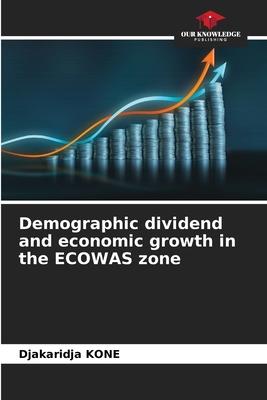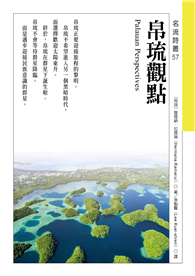This book studies the effects of the demographic dividend on economic growth in the ECOWAS region over the period 1990-2020. Using an ARDL model on panel data estimated by the Mean Group (MG) technique, the main results show that the demographic dividend has a negative effect in the short term and a positive effect on growth in the ECOWAS zone in the long term. This paper concludes that the demographic dividend and access to education are the driving determinants of economic growth in the ECOWAS zone. Our findings suggest that the governments of ECOWAS member countries need to take practical steps to better orient their skilled labor training policies. They should also propose a course of action that involves relying on local traditional leaders to provide civic education, particularly in the area of procreation. Given the ethnic and cultural diversity of most of the countries in the zone, this type of program needs to be developed from the ground up, in order to change cultural norms relating to fertility.
| FindBook |
有 1 項符合
Demographic dividend and economic growth in the ECOWAS zone的圖書 |
 |
Demographic dividend and economic growth in the ECOWAS zone 作者:Koné 出版社:Our Knowledge Publishing 出版日期:2024-02-06 語言:英文 規格:平裝 / 56頁 / 22.86 x 15.24 x 0.33 cm / 普通級/ 初版 |
| 圖書館借閱 |
| 國家圖書館 | 全國圖書書目資訊網 | 國立公共資訊圖書館 | 電子書服務平台 | MetaCat 跨館整合查詢 |
| 臺北市立圖書館 | 新北市立圖書館 | 基隆市公共圖書館 | 桃園市立圖書館 | 新竹縣公共圖書館 |
| 苗栗縣立圖書館 | 臺中市立圖書館 | 彰化縣公共圖書館 | 南投縣文化局 | 雲林縣公共圖書館 |
| 嘉義縣圖書館 | 臺南市立圖書館 | 高雄市立圖書館 | 屏東縣公共圖書館 | 宜蘭縣公共圖書館 |
| 花蓮縣文化局 | 臺東縣文化處 |
|
|
圖書介紹 - 資料來源:博客來 評分:
圖書名稱:Demographic dividend and economic growth in the ECOWAS zone
|











